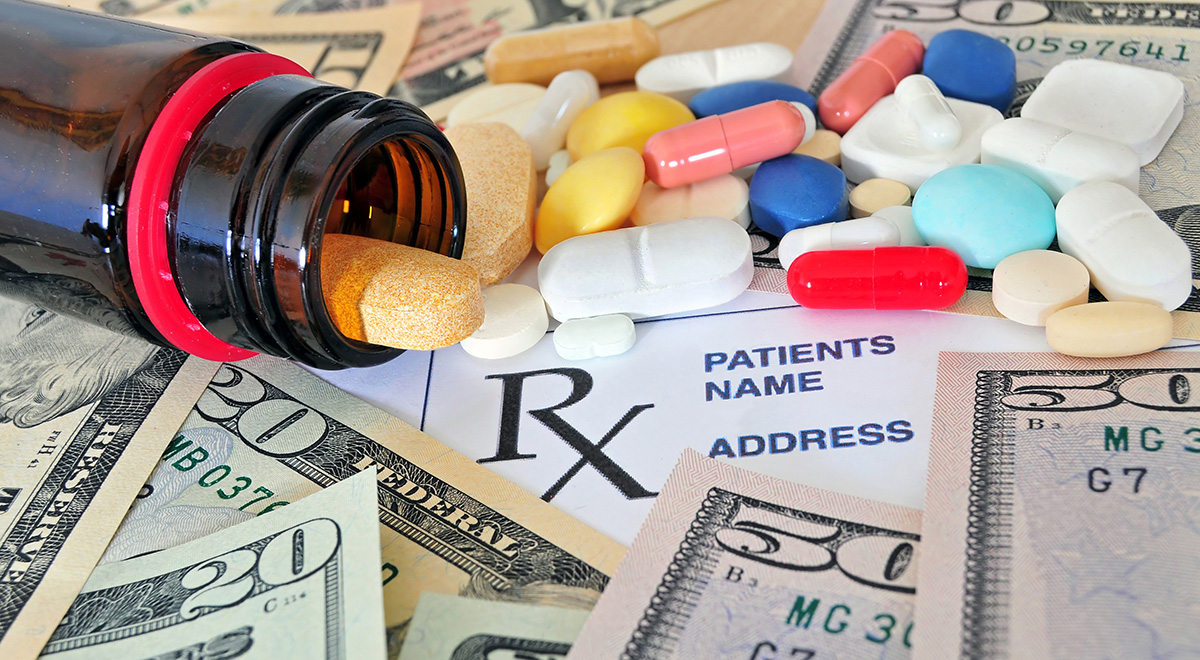The subject of price gouging by Big Pharma has become such a hot-button issue that even the die-hard free-market advocates in the current Administration can no longer ignore it. This week, current FDA Commissioner, Scott Gottlieb, announced that his agency will begin taking steps to address the problem – by streamlining the process by which generic versions of complex drugs are brought to market.
This idea is intended to “increase competition,” which in theory, should result in lower drug prices across the board. It is an idea long espoused by conservatives, in contrast to Progressives who believe only the imposition of strict price controls will stop Big Pharma’s greed-driven behavior.
In his recent blog post, Gottlieb wrote, “We know that enabling more generic competition, where Congress intended, helps reduce prices, enable more access, and improve public health” (sic). He points out that while the exclusivity on a number of branded prescription drugs have expired, there is still little or no competition for health care dollars. Much of this is due to their complexity; such medications have at least one aspect that make them difficult to duplicate under current regulations.
While this all sounds good in principle, there is a trade-off; namely, safety considerations and issues of efficacy. As recent history has shown, allowing drug companies to take shortcuts in order to get fast approval for their products and get them onto pharmacy shelves in the shortest amount of time can have grave consequences for patients. Case in point: the 510(k) process, which has allowed drug makers and manufacturers of medical devices to bypass clinical studies of such products if they can demonstrate them to be “substantially equivalent” to ones previously approved. This process brought us metal-on-metal hip implants that were prone to failure as well as surgical mesh devices and blood filters that have caused serious injury and even death.
In the meantime, while runaway drug pricing has been of concern to lawmakers on both sides of the aisle and Trump has spouted his own rhetoric about how drug companies are “getting away with murder,” virtually no action has been taken at the legislative level. On one hand, it would seem that the time is ripe for the FDA to step in and take some sort of action in this regard – but on the other hand, Gottlieb’s proposals appear to be more friendly to the drug industry than they are to consumers who may be injured as a result of efforts to rush these medications to market.
Big Pharma itself has made numerous excuses over the years in order to justify its price gouging, including exaggerating the cost of research and development and the impact of generics. PhRMA, the industry’s primary lobbying group, points out that “Nearly 90% of all medicines dispensed in the United States are generics” – however, they fail to mention that brand-name medications account for nearly three-quarters of all prescription costs. Furthermore, major pharmaceutical companies invest great amounts of resources in order to extend their exclusivity once patents have expired. Big Pharma also exaggerates the benefits of new prescription drugs, when most of them are no better than less expensive alternatives – they simply get better promotion and marketing.
The type of “free market” solutions that Gottlieb and his fellow conservatives advocate seem viable on paper – but in practice, they will not address the real root of the problem, which is greed, allowed by a system that treats health care as a for-profit commodity rather than a human need. Until that changes, do not expect Big Pharma to do anything other than maintain the destructive, resource-draining status quo.

